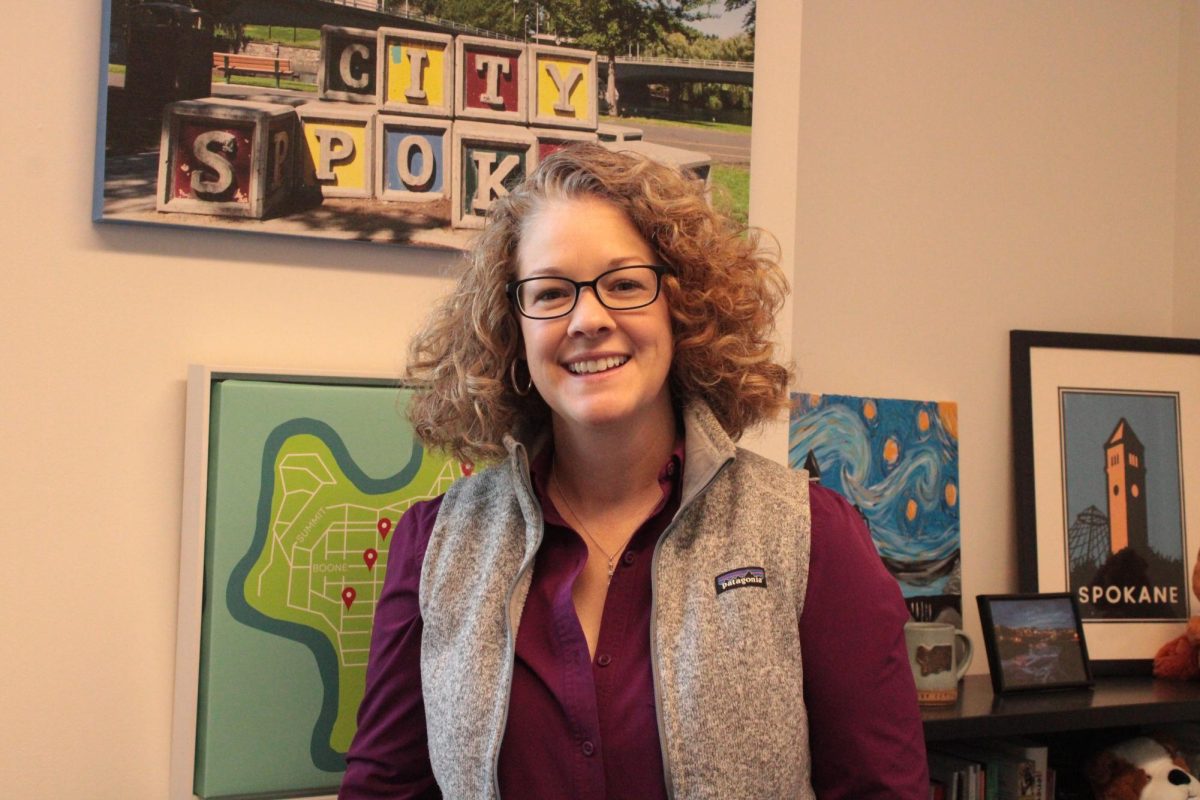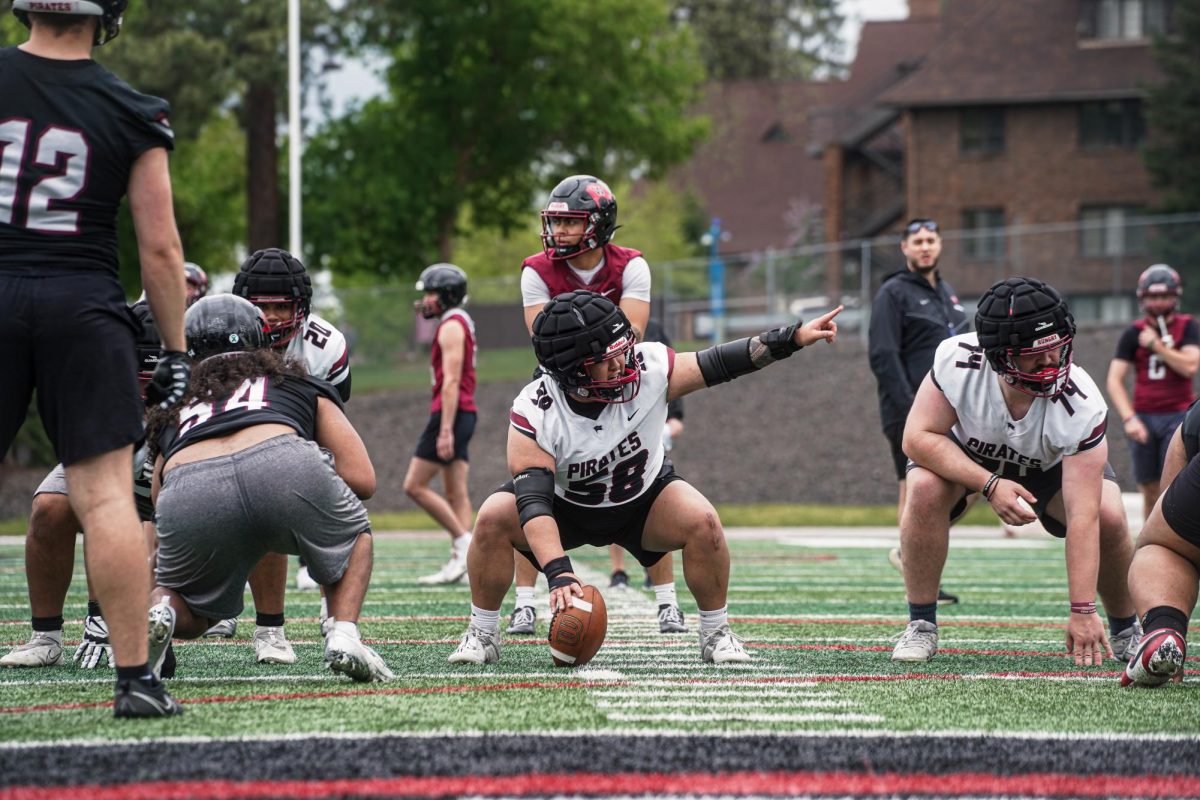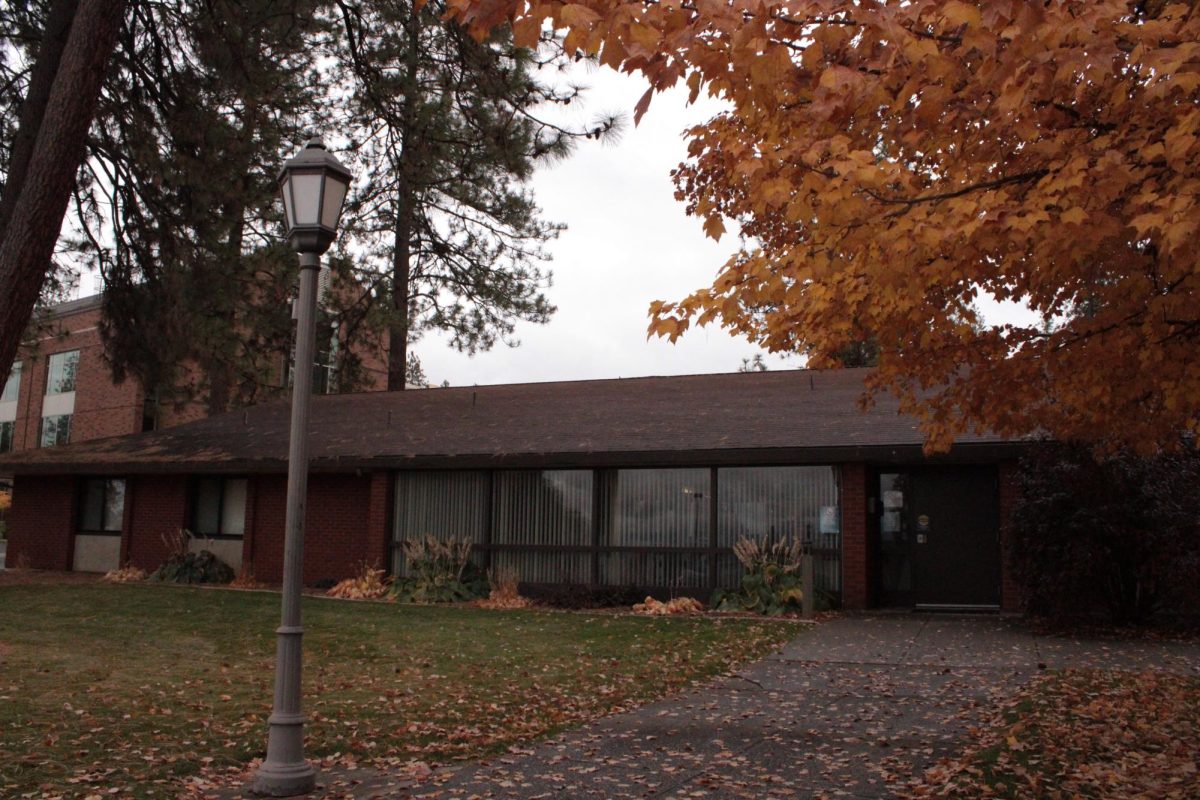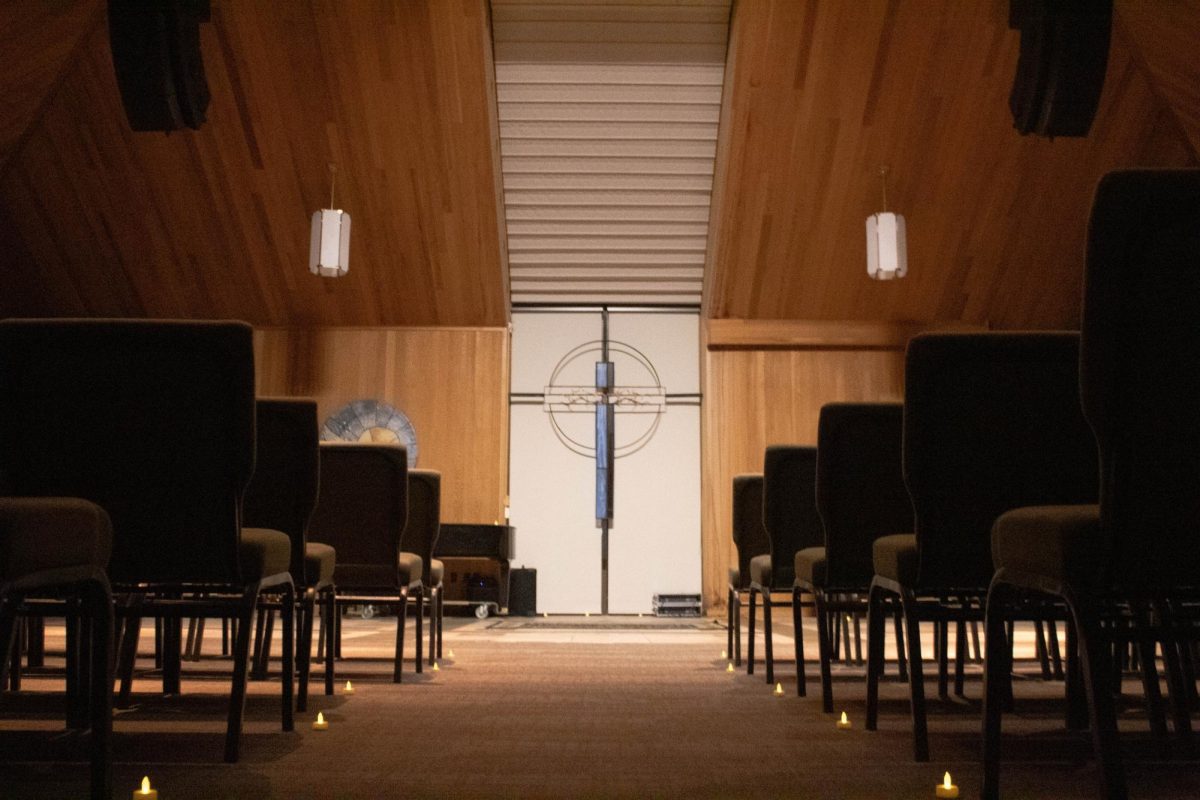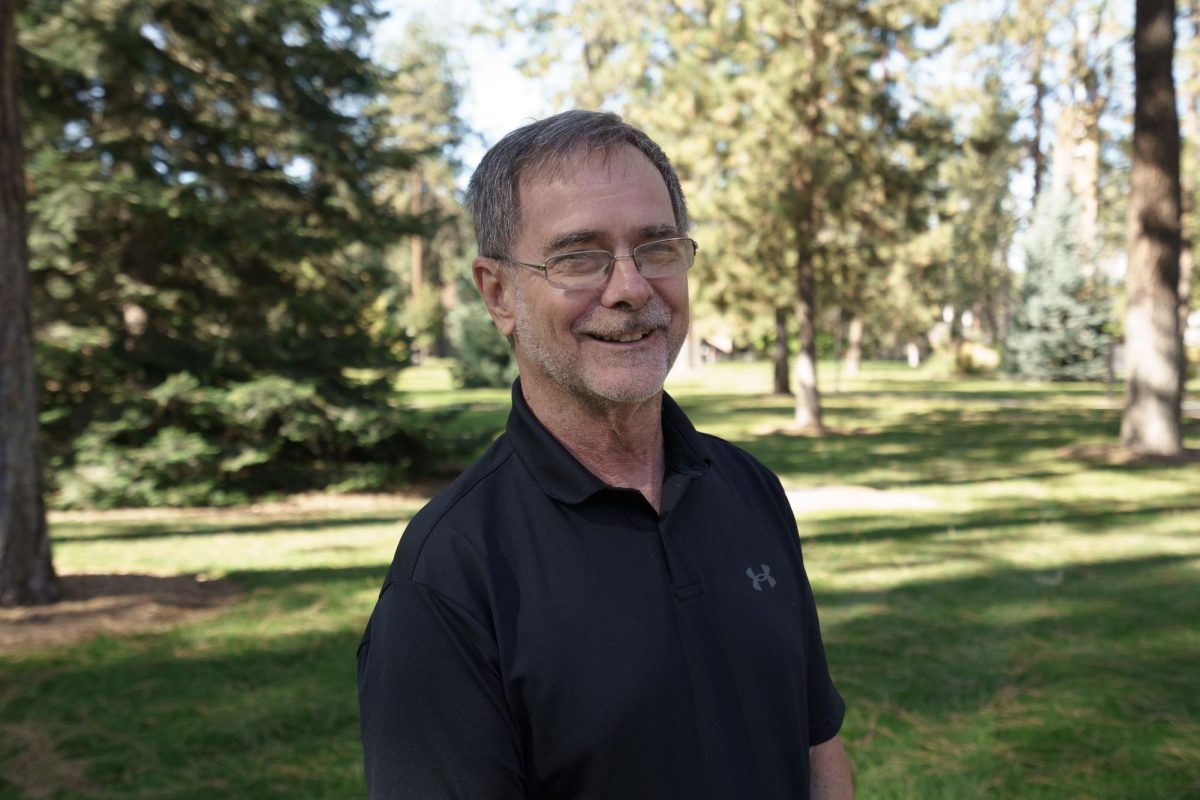On Thursday, Sept. 12, the Dornsife Center for Community Engagement hosted this fall’s Poverty Simulation in the Hixson Union Building (HUB). Roughly 60 participants and 18 volunteers took part.
Contrary to how some could view it, the simulation is “not [supposed] to be a game,” said Meredith Devey, director of the Dornsife Center. Rather, the goal of the simulation is to gain empathy for those living in rough conditions by surviving one simulated month in poverty.
The Poverty Simulation started in 2016 and was originally inspired by the experiences of Daniel Geiter, the assistant director of Dornsife in AmeriCorps. “I had a whole lot of assumptions challenged, and then I had the idea of ‘what if we brought this to Whitworth students?” Geiter said.
Participants were assigned different roles, such as parents, children, teenagers, young adults or elders. Attempting to pay bills, work and taking care of families were some of the tasks that Whitworth students engaged in. The month was broken up into four weeks, with each week lasting only 15 minutes — giving each participant limited time to go to social services and take care of commitments. This was done to help bring unique perspectives, helping put oneself into the shoes of their assigned person.
According to Devey, these roles are based on real-life people and situations from Missouri. “We’re grateful that the Missouri Community Action Network created this kit for us and was willing to share the experiences of their neighbors,” Devey said.
Despite the hardships that these scenarios brought to the table, many of the families found in the simulation do not actually fall in or below the poverty line. Yet, there were still struggles to pay bills and mortgages, and multiple families experienced evictions as a result. The participants had to get crafty to get by, often relying on other people around them to help with money or commitments, such as asking their neighbors to babysit. Some even resorted to more illegal acts to keep up with the bills. Geiter also noted how one participant used his character’s skill set to get by. “I saw [for the first time] someone bartering the skills of the[ir] character,” he said.
After the simulation ended, students were asked to reflect on what they saw and felt during the experience. One takeaway was that people should remind themselves of the assumptions they make of others and how they can be far from the truth.
Emma Leathers, one of the participants, felt “this was a very impactful way to bring light to a very sensitive issue […] How many times have you just turned your eyes when you see someone that’s unhoused on the streets? I think that’s a very impactful way to build empathy,” she said.
Brock Lords, another participant, remarked about his constant harassment towards police and authority during the simulated month. “For my character, I felt like I was being harassed by the police the whole time. That was something that I’ve never dealt with. It [made me] step back [and] realize that so many people in this country are just harassed on a day-to-day basis […] for doing minor things or [for] just being who they are,” he said. Overall, he felt this was a “unique way for us to get into the shoes of those less fortunate than us [by facing] the trials and difficulties and frustration[s] that many people deal with every day.”
Both Devey and Geiter were pleased with the impact this fall’s simulation had on the students. “I’m always amazed by how willing Whitworth students are to lean into the uncomfortableness of it and allow themselves to think differently as they leave the room,” remarked Devey.
The simulation’s overall impact is one reason it has been a requirement for health science majors. “As we attempt to equip students to honor God, follow Christ, [and] serve humanity, I think that’s the strength of [this simulation],” said Devey.
For those interested in taking part next semester, the Poverty Simulation takes place on the third Thursday of every spring, then the second Thursday of every fall semester. The simulation starts in the HUB Multipurpose Room at 6:30 p.m. and ends at 8:30 p.m.

